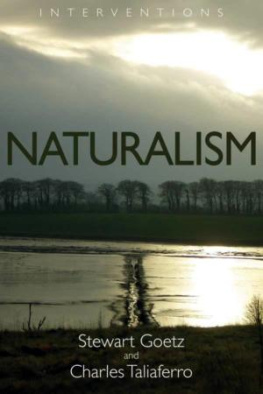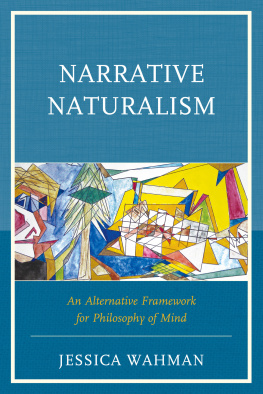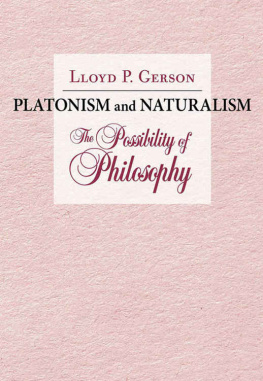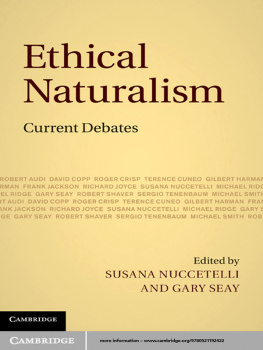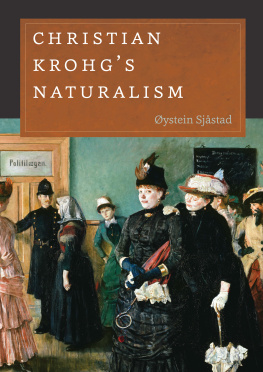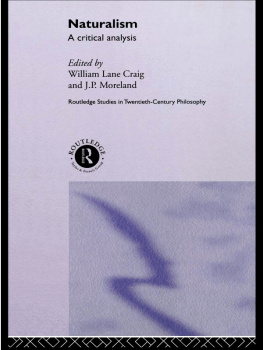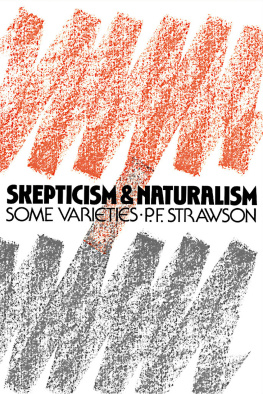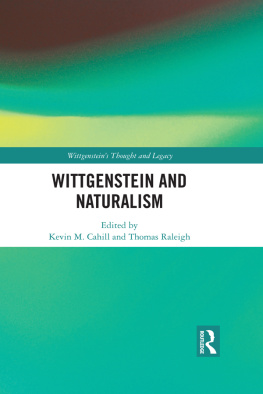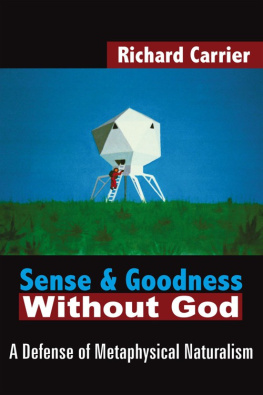Conor Cunningham and Peter Candler
GENERAL EDITORS
Its not a question of whether one believes in God or not. Rather, its a question of if, in the absence of God, we can have belief, any belief
"If you live today, wrote Flannery O'Connor, "you breathe in nihilism:' Whether "religious" or "secular;" it is "the very gas you breathe:" Both within and without the academy, there is an air common to both deconstruction and scientism - both might be described as species of reductionism. The dominance of these modes of knowledge in popular and professional discourse is quite incontestable, perhaps no more so where questions of theological import are often subjugated to the margins of intellectual respectability. Yet it is precisely the proponents and defenders of religious belief in an age of nihilism that are often among those most - unwittingly or not - complicit in this very reduction. In these latter cases, one frequently spies an accommodationist impulse, whereby our concepts must be first submitted to a prior philosophical court of appeal in order for them to render any intellectual value. To cite one particularly salient example, debates over the origins, nature, and ends of human life are routinely partitioned off into categories of "evolutionism" and "creationism," often with little nuance. Where attempts to mediate these arguments are to be found, frequently the strategy is that of a kind of accommodation: How can we adapt our belief in creation to an already established evolutionary metaphysic, or, how can we have our evolutionary cake and eat it too? It is sadly the case that, despite the best intentions of such "intellectual ecumenism; the distinctive voice of theology is the first one to succumb to aphony - either from impetuous overuse or from a deliberate silencing.
The books in this unique new series propose no such simple accommodation. They rather seek and perform tactical interventions in such debates in a manner that problematizes the accepted terms of such debates. They propose something altogether more demanding: through a kind of refusal of the disciplinary isolation now standard in modern universities, a genuinely interdisciplinary series of mediations of crucial concepts and key figures in contemporary thought. These volumes will attempt to discuss these topics as they are articulated within their own field, including their historical emergence, and cultural significance, which will provide a way into seemingly abstract discussions. At the same time, they aim to analyze what consequences such thinking may have for theology, both positive and negative, and, in light of these new perspectives, to develop an effective response - one that will better situate students of theology and professional theologians alike within the most vital debates informing Western society, and so increase their understanding of, participation in, and contribution to these.
To a generation brought up on a diet of deconstruction, on the one hand, and scientism, on the other, Interventions offers an alternative that is otherwise than nihilistic - doing so by approaching well-worn questions and topics, as well as historical and contemporary figures, from an original and interdisciplinary angle, and so avoid having to steer a course between the aforementioned Scylla and Charybdis.
This series will also seek to navigate not just through these twin dangers, but also through the dangerous "and" that joins them. That is to say, it will attempt to be genuinely interdisciplinary in avoiding the conjunctive approach to such topics that takes as paradigmatic a relationship of "theology and phenomenology" or "religion and science." Instead, the volumes in this series will, in general, attempt to treat such discourses not as discrete disciplines unto themselves, but as moments within a distended theological performance. Above all, they will hopefully contribute to a renewed atmosphere shared by theologians and philosophers (not to mention those in other disciplines) - an air that is not nothing.
CENTRE OF THEOLOGY AND PHILOSOPHY

Every doctrine which does not reach the one thing necessary, every separated philosophy, will remain deceived by false appearances. It will be a doctrine, it will not be Philosophy.
Maurice Blondel, 1861-1949
This book series is the product of the work carried out at the Centre of Theology and Philosophy (COTP), at the University of Nottingham.
The COTP is a research-led institution organized at the interstices of theology and philosophy. It is founded on the conviction that these two disciplines cannot be adequately understood or further developed, save with reference to each other. This is true in historical terms, since we cannot comprehend our Western cultural legacy unless we acknowledge the interaction of the Hebraic and Hellenic traditions. It is also true conceptually, since reasoning is not fully separable from faith and hope, or conceptual reflection from revelatory disclosure. The reverse also holds, in either case.
The Centre is concerned with:
the historical interaction between theology and philosophy.
the current relation between the two disciplines.
attempts to overcome the analytic/continental divide in philosophy.
the question of the status of "metaphysics": Is the term used equivocally? Is it now at an end? Or have twentieth-century attempts to have a postmetaphysical philosophy themselves come to an end?
the construction of a rich Catholic humanism.
I am very glad to be associated with the endeavours of this extremely important Centre that helps to further work of enormous importance. Among its concerns is the question whether modernity is more an interim than a completion - an interim between a premodernity in which the porosity between theology and philosophy was granted, perhaps taken for granted, and a postmodernity where their porosity must be unclogged and enacted anew. Through the work of leading theologians of international stature and philosophers whose writings bear on this porosity, the Centre offers an exciting forum to advance in diverse ways this challenging and entirely needful, and cutting-edge work.
Professor William Desmond, Leuven
Stewart Goetz & Charles Taliaferro





We are immensely grateful to Conor Cunningham for proposing this project, and for his sage advice. This book would not have been possible without the generous support of the John Templeton Foundation. We thank Tricia Little, Valerie Deal, Elizabeth Duel, Heather Kennon, and Mary Sotos for vital assistance. We also thank Mark Baker, Kelly Clark, Paul Copan, Robin Collins, Robert Hoveman, J.P.Moreland, and Dean Zimmerman for critical comments on an earlier version of this work. Stewart dedicates his contribution to this book to Carolyn with love, and Charles dedicates his portion to Jil Evans and to Christine and Stephen with love and gratitude for making evident Martin Buber's insight: All real living is meeting:'

